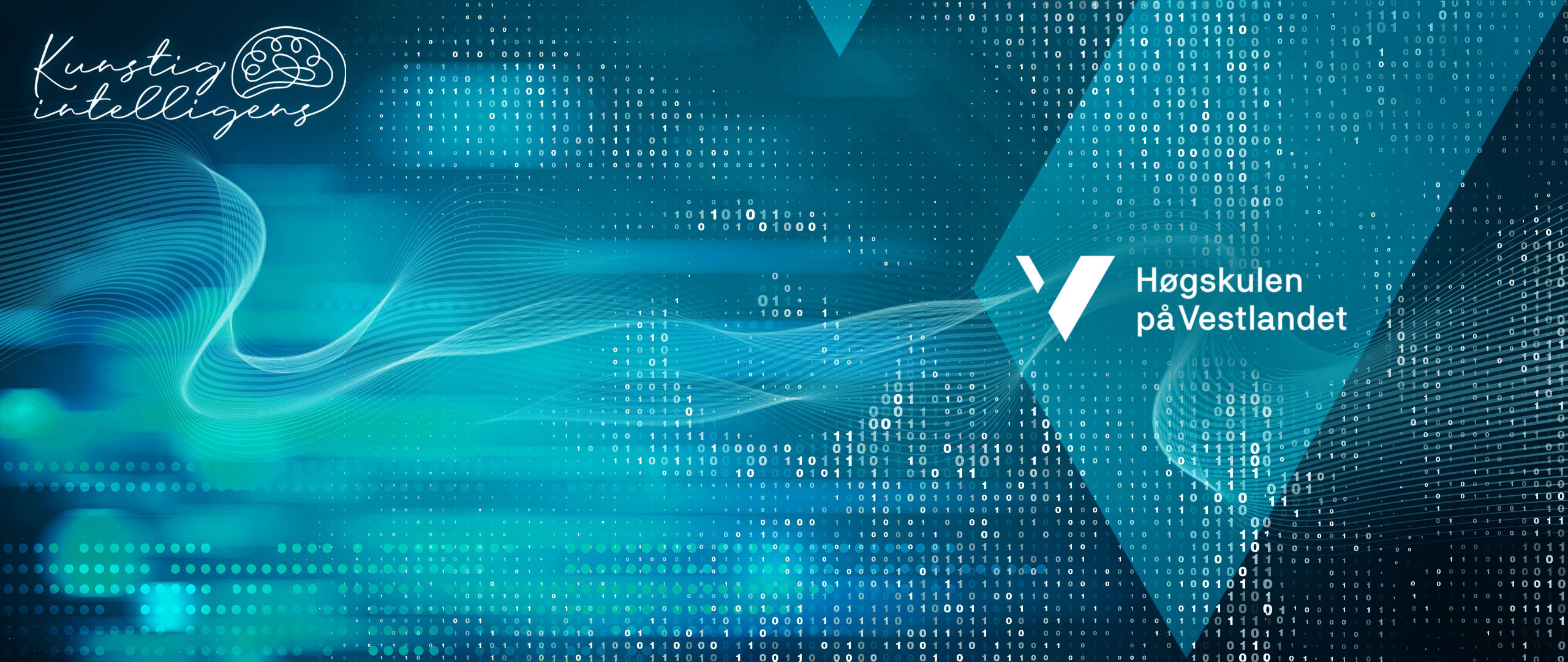
Artificial Intelligence (AI)
Here you can find information about the use of artificial intelligence for students and staff at Western Norway University of Applied Sciences.
Contact
The Coordination Group for AI keeps an overview of initiatives, activities, and expertise within the AI field at the Western Norway University of Applied Sciences.Feel free to contact this group if you have any questions or input.
Partnership
Western Norway University of Applied Scinces is a partner in:
- MishMash Centre for AI and Creativity
- Norwegian Artificial Intelligence Research Consortium (NORA)
- Norwegian Cognitive Center


